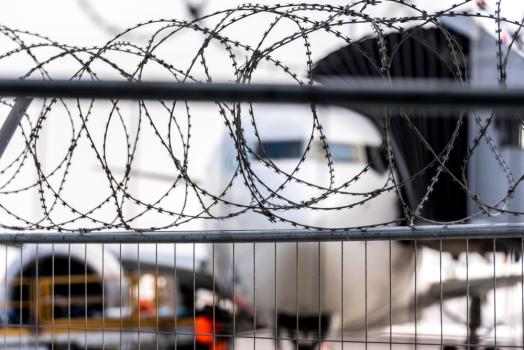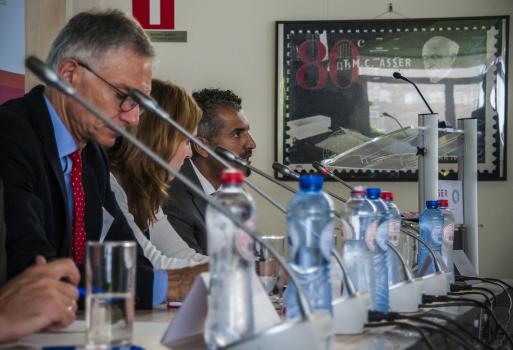Since 2013 and with funding from the US State Department, ICCT has been developing and implementing a training course for senior prison officials and policymakers on the rehabilitation and reintegration of violent extremist offenders (VEOs). This followed up on ICCT's work developing the GCTF Rome Memorandum on Good Practices for Rehabilitation and Reintegration of Violent Extremist Offenders.
This project was piloted in the Philippines in 2014, and a number of follow-up trainings were organised from 2015 - 2017 across the Philippines and Mali. Alongside the delivery of these capacity-building workshops, an ICCT developed Intake and Risk Assessment Tool. Two specially-trained ICCT experts, Liesbeth van der Heide and VUC Prof. David Webber, together with the authors and external experts, delivered final trainings on ‘CVE in Prison – Intake and Risk Assessment Interventions’ to prison staff in the Philippines and in Mali. As a result of the reintegration and rehabilitation, and the intake and risk assessment, workshops, participants understood the importance of the role of correctional facilities in preparing detainees for release and reintegration into society. As well as this, national policymakers and prison officials gained an understanding of the importance and use of risk assessments in the prison context.
Highlights
About the project
In total, 192 people were trained throughout nine training workshops. Recommendations for future programming of rehabilitation and reintegration include: focusing on the role of VEOs, the role of probation, religion and ideology, how to enable proper monitoring and evaluation, and how to facilitate and coordinate the process of reintegration efforts.
During the pilot training in the Philippines, as well as in the literature and international discussions on the topic, the lack of specialised intake and risk assessment tools for violent extremist offenders was identified as an important missing component. As such, concurrently with the further Rehabilitation and Reintegration Trainings, ICCT developed a user manual and training module on intake and risk assessment for the Philippines (2015-16), as well as providing other IRA support to psychologists in one of Manila's main prisons for VEOS (2016-17).
Throughout this project, ICCT further developed two existing risk assessment tools used for assessing violent extremist offenders in prison, namely the Violent Extremism Risk Assessment Tool 2 (VERA 2, developed by E. Pressman & J. Flockton) and the Self-report Questionnaire (SQ, developed by A. Kruglanski) into a comprehensive internationally-applicable risk assessment battery. To do so, ICCT cooperated with the original authors of the two risk assessment tools, Prof. Arie Kruglanski (University of Maryland) and Dr. Elaine Pressman (Carleton University).








